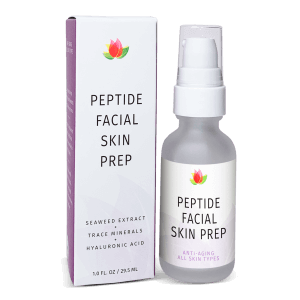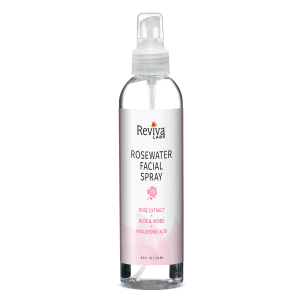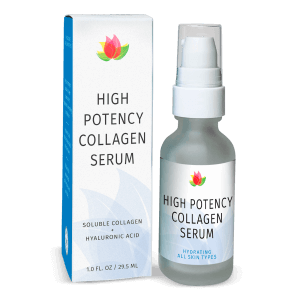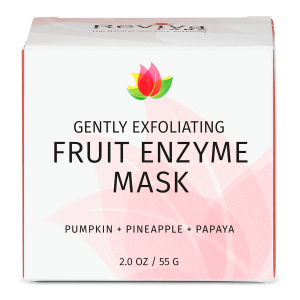The health of your gut has a profound impact on various aspects of your overall well-being, and one area that is garnering increasing attention is the connection between gut health and skin health. Emerging research suggests that the state of your gut microbiome, the complex ecosystem of microorganisms residing in your digestive tract, can greatly influence the condition of your skin.
Understanding the Gut Microbiome
To comprehend the gut-skin connection, it is essential to first understand the gut microbiome. The gut microbiome refers to the vast community of microorganisms, including bacteria, viruses, and fungi, that reside in your digestive tract. These microorganisms play a crucial role in various physiological processes and contribute to overall health. The gut microbiome is influenced by factors such as diet, lifestyle, genetics, and environmental exposures.
The Gut-Skin Axis
The gut and skin are not isolated entities but are intricately connected through what is known as the gut-skin axis. This bidirectional relationship means that the health of your gut can impact the condition of your skin, and vice versa. Research has shown that disruptions in the gut microbiome can manifest as skin issues, such as acne, rosacea, eczema, psoriasis, and premature aging. Conversely, certain skin conditions can also influence the gut microbiome.
Inflammation
Inflammation serves as a key mediator between gut health and skin health. When the gut microbiome becomes imbalanced, it can lead to increased intestinal permeability, commonly referred to as leaky gut. This allows harmful substances, toxins, and undigested food particles to leak into the bloodstream, triggering an immune response and systemic inflammation. The inflammatory response can then manifest as skin inflammation and contribute to the development or exacerbation of skin conditions.
Acne
Acne a common skin condition characterized by pimples, blackheads, and whiteheads, has been linked to gut health. Research suggests that imbalances in the gut microbiome and increased intestinal permeability can contribute to the development of acne. Dysbiosis, an imbalance in the gut bacteria, has been observed in individuals with acne. Additionally, certain dietary factors that disrupt gut health, such as a high glycemic load diet and dairy consumption, have been associated with acne development.
Eczema and Psoriasis
Eczema and psoriasis, both chronic inflammatory skin conditions, have also been linked to gut health. Studies have found that individuals with eczema and psoriasis often have altered gut microbiomes compared to those without these conditions. Imbalances in specific bacterial species, such as a decrease in beneficial bacteria and an increase in pathogenic bacteria, have been observed. Additionally, factors that contribute to increased intestinal permeability, such as stress and a Western diet, may exacerbate eczema and psoriasis symptoms.
Rosacea
Rosacea, a chronic skin condition characterized by facial redness, flushing, and visible blood vessels, has been associated with gut health disturbances. Research suggests that individuals with rosacea are more likely to have small intestinal bacterial overgrowth (SIBO), a condition characterized by an overgrowth of bacteria in the small intestine. Treating SIBO has been shown to improve rosacea symptoms, indicating the role of gut health in this skin condition.
How to Improve Gut and Skin Health
1. Adopt a Gut-Friendly Diet
Eating a diet that promotes gut health is crucial for maintaining a healthy gut microbiome and improving skin health. Focus on consuming a variety of whole, unprocessed foods rich in fiber, such as fruits, vegetables, whole grains, legumes, and nuts. These foods provide essential nutrients and promote the growth of beneficial gut bacteria. Additionally, include fermented foods in your diet, such as yogurt, sauerkraut, kimchi, and kefir, as they contain probiotics that support gut health.
2. Avoid Triggers and Irritants
Identify and avoid potential triggers and irritants that can disrupt gut health and aggravate skin conditions. These may include certain foods, such as processed and sugary foods, artificial additives, and common allergens like gluten and dairy. Additionally, minimize exposure to environmental toxins and chemicals that can disrupt the gut microbiome and compromise skin health.
3. Manage Stress
Chronic stress can negatively impact gut health by altering the composition of the gut microbiome and increasing intestinal permeability. Find effective stress-management techniques that work for you, such as meditation, yoga, deep breathing exercises, or engaging in hobbies and activities that bring you joy. Prioritizing restful sleep is also important, as sleep deprivation can further exacerbate stress and compromise gut health.
4. Consider Taking Probiotic Supplements
Probiotics, live beneficial bacteria, can be taken as supplements to support gut health. Look for high-quality probiotic supplements that contain a variety of strains and have been scientifically validated for their efficacy. Probiotic supplementation may help restore a healthy balance of gut bacteria, strengthen the gut barrier, and alleviate certain skin conditions.
5. Seek Professional Guidance
If you are experiencing persistent skin issues or gut health concerns, it is advisable to consult with a healthcare professional, such as a dermatologist or a registered dietitian specializing in gut health. They can assess your specific situation, provide personalized recommendations, and guide you on the most appropriate interventions for improving both gut and skin health.
The gut-skin connection highlights the importance of nurturing a healthy gut microbiome for optimal skin health. Achieving healthy skin goes beyond topical treatments and skincare products—it starts from within your gut.












